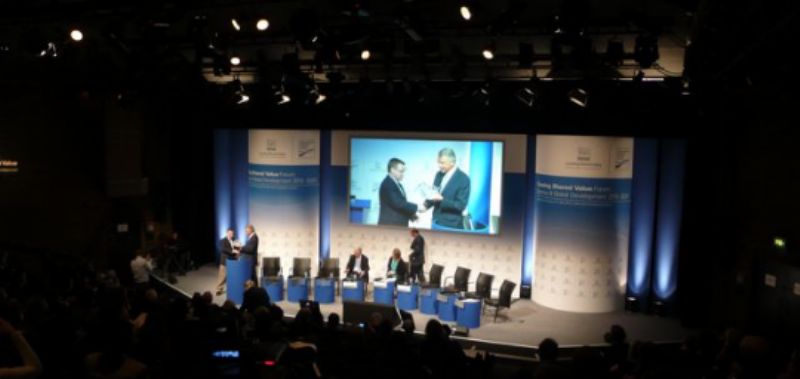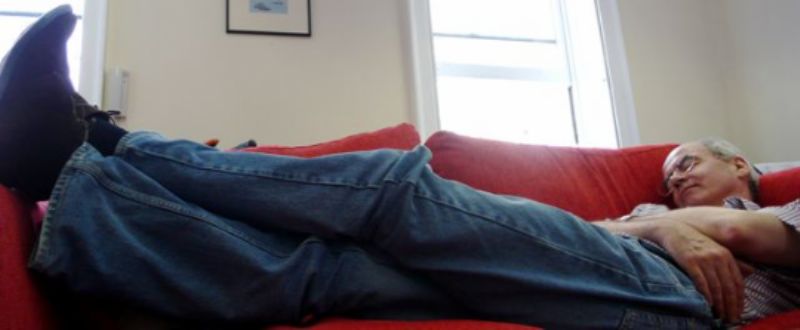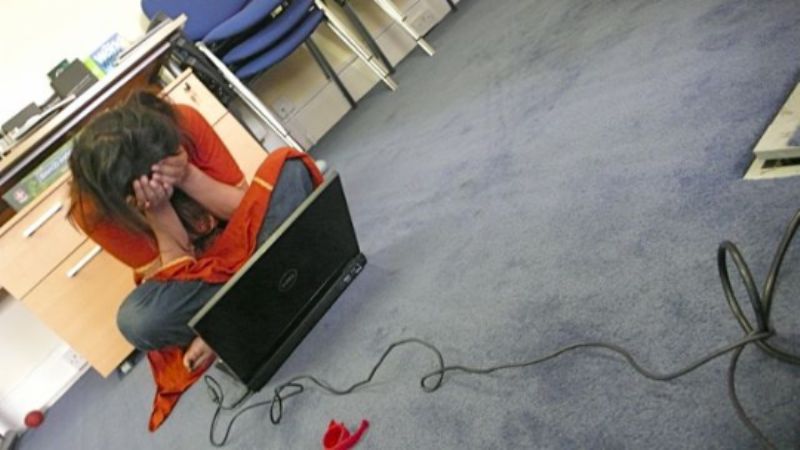Just finished reading Dave Eggers’ novel Zeitoun, which follows the story of a real family – the husband of Syrian extraction – through the Hurricane Katrina disaster in New Orleans. What a horrible indictment of what can happen to a modern democracy under the stress of a viciously narrow-minded regime which finds itself under assault, as was the case with the Bush-Cheney Administration.
Then read the June 7 issue of Time, and was struck by the ‘Junk Shot’ column by Joe Klein, who argues that instead of the Deepwater Horizon oil disaster being Obama’s Katrina, it is, in fact, “actually George W. Bush’s second Katrina”. Klein notes that former Vice President Dick Cheney came to office hot-foot from Halliburton, also now complicit in Deepwater. More to the point, Cheney then “presided over the weakening of drilling regulations, including the exclusion of remote-shut-off switches (commonly used in the North Sea fields), which might have prevented the disaster.”
Read Klein’s article here.




